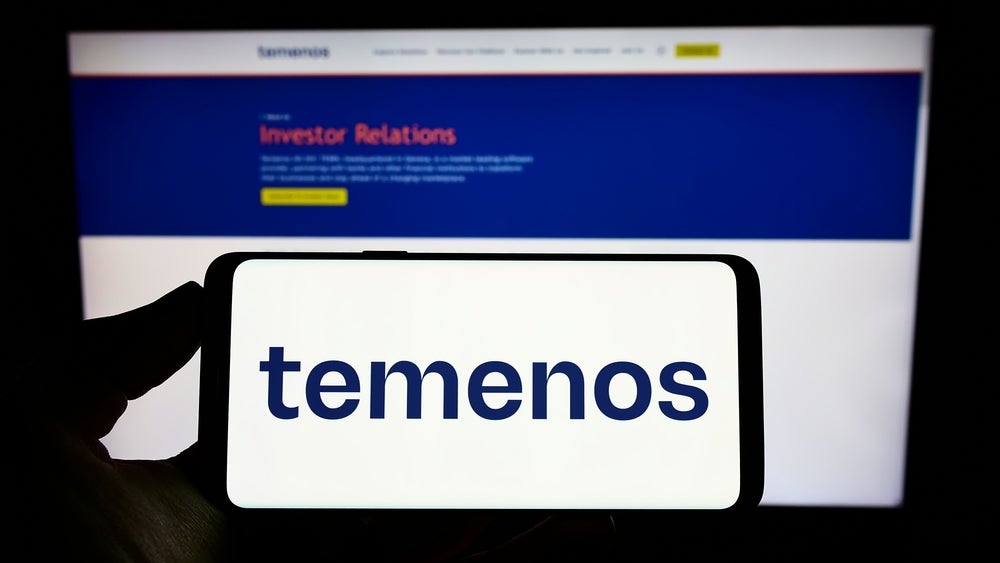European retail and merchant
association EuroCommerce is showing no sign of giving up the fight
to force payment networks to review the level of interchange fees
across Europe, and has lodged a new complaint against Visa Europe,
alleging that the payment network is infringing European
competition law over the matter.
The crux of EuroCommerce’s argument is its long-held belief that
multilateral interchange fees, set by the payment networks in
conjunction with their bank issuing partners, constitute an
infringement of European competition law, and that merchants “pay
for benefits which go to others…[which] distorts competition
between banks: the more banks compete, the higher the price,”
according to a statement put out by EuroCommerce. “It was the
imposition of exactly such fees which led the European Commission
to rule against MasterCard in December 2007. EuroCommerce calls for
the same robust decision against Visa.”
“The Visa interchange fee procedure is completely unfair,” said
Xavier Durieu, secretary general of EuroCommerce. “Retailers are
forced to pay for a range of services from which they do not
benefit. Bank rates are the only services which retailers, even the
largest ones, are not able to negotiate.”
Reduced interchange levels
Following its own tussle with the European Commission, MasterCard
has set new interchange fees for European Economic Area (EEA)
cross-border consumer transactions from 1 July 2009, which will not
exceed 30 basis points for credit cards and 20 basis points for
debit cards. MasterCard Europe had temporarily reduced these fees
to zero in June 2008 in order to ensure its conformity with the
EC’s December 2007 decision.
It is not the first time that EuroCommerce has locked horns with
Visa – in 1997, it took on both Visa and MasterCard in a bid to
make interchange unlawful, and that initial complaint led to Visa
Europe agreeing to reduce interchange fees in return for immunity
from legal action from the European Commission. That agreement
expired in 2007 and in April this year, the European Commission
filed an anti-trust charge against Visa Europe, accusing the card
network of violating competition rules over cross-border
interchange fees. Visa Europe has been granted a deadline extension
of July 2009 to respond to the charge.
How well do you really know your competitors?
Access the most comprehensive Company Profiles on the market, powered by GlobalData. Save hours of research. Gain competitive edge.

Thank you!
Your download email will arrive shortly
Not ready to buy yet? Download a free sample
We are confident about the unique quality of our Company Profiles. However, we want you to make the most beneficial decision for your business, so we offer a free sample that you can download by submitting the below form
By GlobalData‘Measures don’t go far enough’
Despite the fact that Visa Europe and MasterCard have both
previously been willing to come to a compromise with the European
Commission over interchange, EuroCommerce is of the opinion that
measures taken by the payment networks do not go far enough to
assuage its merchant members. “Studies published by the banks
themselves reveal that the cost of running a pan-European debit
card, profit included, is not higher than 1 eurocent per
transaction,” its statement continued.
“We are confident that the European Commission will deal with this
new case in the same way they have decided on MasterCard in 2007.
In the end, all consumers will benefit from a better functioning
market.”
A Visa Europe spokesperson dismissed EuroCommerce’s new complaint,
saying that its claims were “unfounded and do not reflect the
interests of consumers.”







